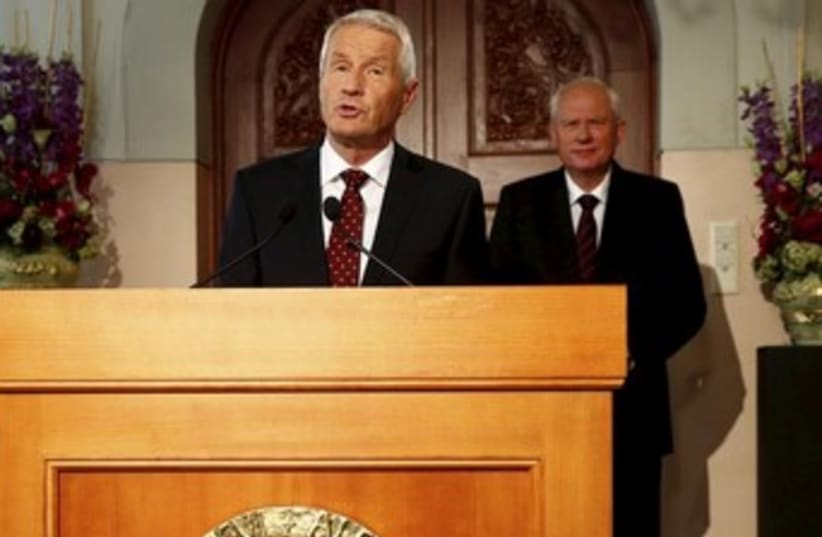Once again from Nobel, a prize for the prospect of peace
The Nobel c'tee awarded the peace prize to the organization tasked with destroying Syria's chemical arms, well before the success of the task is assured; yet again, the hope of peace makes the bill — not its accomplishment.
